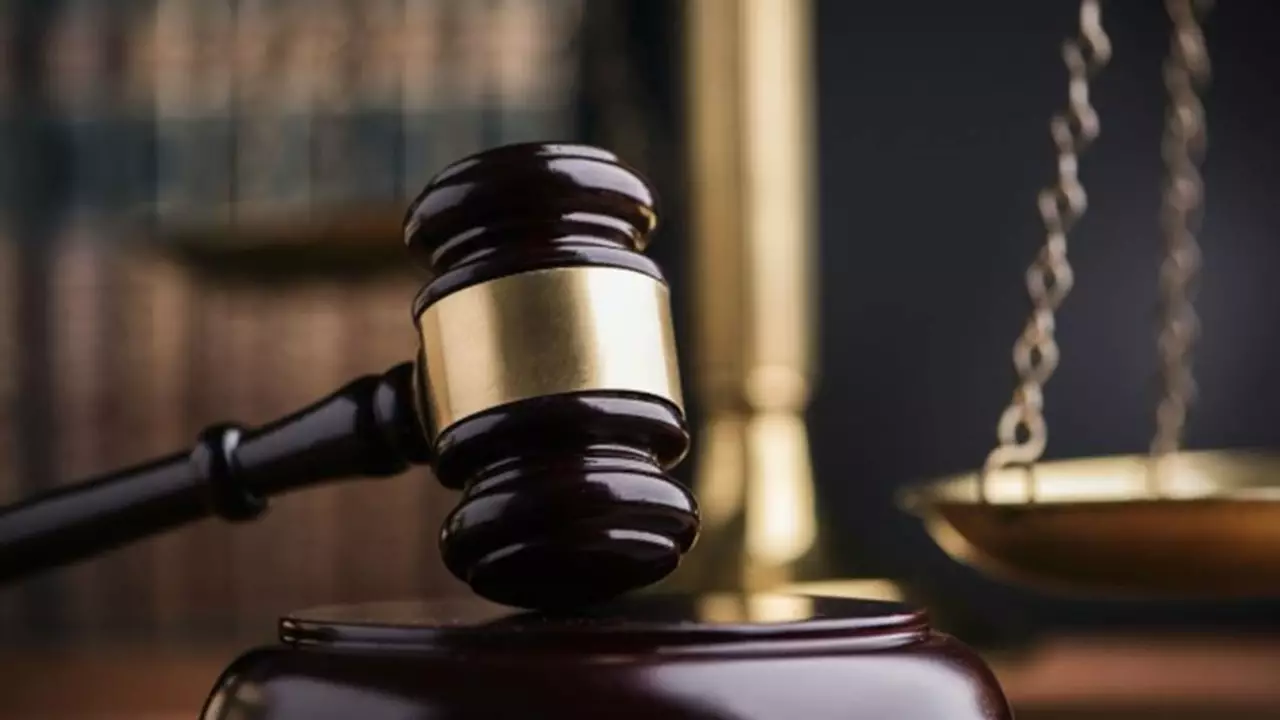Legal Principles Explained in Simple Terms
Ever wondered why courts decide the way they do? It’s not magic – it’s all about legal principles. These are the basic ideas that guide judges, lawyers, and even everyday folks when they talk about law. Think of them as the rulebook that keeps everything fair and predictable.
Why Legal Principles Matter
Legal principles keep the legal system from becoming a free‑for‑all. They make sure similar cases get similar outcomes, which builds public trust. For example, the principle of "stare decisis" means courts follow past decisions unless there’s a good reason to change. This stability helps businesses plan for the future and protects individual rights.
In India, the Supreme Court often uses principles like "proportionality" to balance government power with personal freedoms. When the Court decides which cases to hear, it looks at whether the issue is important enough to set a new precedent. That selectivity itself is a principle – the Court can’t handle every single dispute, so it picks the ones that shape the law.
Everyday Examples of Legal Principles
You don’t need a law degree to see these ideas in action. If you buy a product that breaks within a week, the principle of "consumer protection" lets you demand a refund. When you sign a contract, the principle of "offer and acceptance" makes the agreement binding.
Even social media posts can touch on legal principles. Defamation law, for instance, balances free speech with protecting a person’s reputation. If someone spreads false rumors online, the principle of "truth as a defence" can help you win a case.
Another everyday principle is "fair use". It lets you quote a short part of a song or a book in a review without needing permission, as long as you don’t copy the whole thing. This keeps creativity flowing while respecting original creators.
When it comes to government actions, the principle of "reasonableness" checks whether a rule is logical and not arbitrary. If a city bans a festival without a clear reason, citizens can challenge it in court using this principle.
Legal principles also guide police work. The "right to remain silent" protects you from self‑incrimination, while the "presumption of innocence" ensures you’re not treated as guilty before a trial.
Understanding these basics helps you navigate disputes, know your rights, and avoid common legal pitfalls. You don’t have to become a lawyer, but a quick grasp of the main principles makes everyday decisions a lot smoother.
So next time you read a news story about a court ruling, look for the underlying principle. It’s the hidden engine that drives the decision and shapes the future of law in India.
No presumption of innocence once trial court convicts?
Well, butter my biscuits and call it a day! I've been delving into this fascinating topic: "No presumption of innocence once trial court convicts?" Sounds like a proper brain teaser, doesn't it? So, here's the scoop: Once a trial court convicts someone, it's a bit like being caught with your hand in the cookie jar - the presumption of innocence just flies out the window. It's a bit of a sticky wicket, really. But hey, don't let that put a wrinkle in your forehead! Keep your peepers peeled for more legal lingo and courtroom conundrums!
full article